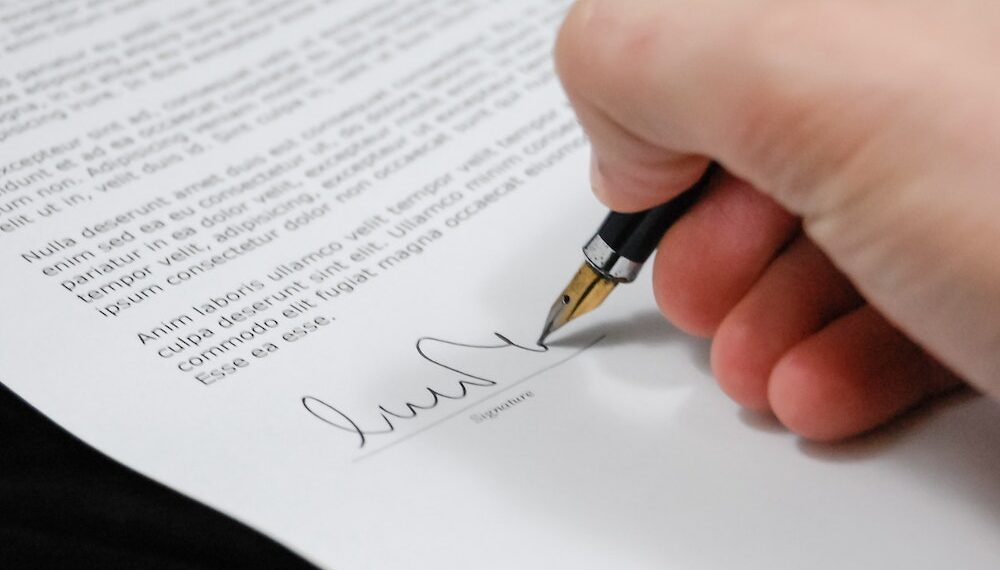When Do I Need an Attorney?
Almost everything we do—from making a purchase, to driving a car, to interacting with others—is affected by the law in some way. But clearly we don’t need a lawyer for all of these everyday interactions. When do you need a lawyer? When can (or should) you handle a matter on your own? Some problems are not really legal—or are not exclusively legal—and can be handled, at least in part, with the help of psychologists, the clergy or other counselors. But many problems do have a legal dimension and require a lawyer’s help. The following questions and answers provide guidance.
Q. I think I might benefit from speaking to a attorney, but I don’t think I have a current legal dispute. Does this means I shouldn’t get an attorney?
A. No. In fact, lawyers often help clients in matters that have nothing to do with disputes. For example, people might seek their lawyer’s advice on legal aspects of starting a business or engaging in a partnership, when buying or selling a home, or for information and advice on tax matters or estate planning. Some clients receive regular legal checkups that, like medical checkups, are designed to catch problems early or prevent them altogether.
Q. I understand that going to a lawyer may be unnecessary under certain circumstances. Are there specific cases when I should see a lawyer?
A. Yes, some matters are best handled by a lawyer. While these matters are sometimes hard to recognize, nearly everyone agrees that you should talk with a lawyer about major life events or changes, which might include:
- being arrested for a crime;
- being served with legal papers in a civil lawsuit;
- being involved in a serious accident causing personal injury or property damage;
- a change in family status such as divorce, adoption, or death; and
- a change in financial status such as obtaining or losing valuable personal property or real estate, starting a business, or filing for bankruptcy.
Q. If I do not use a lawyer, who else can help me?
A. There are many ways to solve a grievance without resorting to lawyers. If you believe a business has cheated you, you may get help from a consumer protection agency run by your city, county, state, or federal government. Many businesses, stores, and utility companies have their own departments to help resolve consumer complaints. Some communities have an ombudsman, a government official whose job is to mediate and resolve minor landlord/tenant, consumer, or employment issues. Local television and radio stations may have programs to resolve consumer–related disputes.
Most states also have dispute resolution centers. These centers, which may be known as neighborhood justice centers or citizens’ dispute settlement programs, specialize in helping people who have common problems and disputes. Their services are often available for a small fee, or even at no cost.
Q. Can counseling solve some problems?
A. Yes. Sometimes problems that seem to be “legal” may be solved or prevented by other means. Many groups offer guidance and counseling for personal problems arising in marriage, child rearing, and managing finances. Private counselors or members of the clergy also may provide such help.
Q. What is a small-claims court?
A. A small-claims court is a streamlined forum in which people can air their dispute and have a judge decide it promptly. Most states have procedures that allow people to represent themselves in small-claims court if the total amount of their claim is under a certain dollar amount—such as $2,500. The cost is minimal, procedures are relatively simple, and there is usually little delay. Keep small-claims courts in mind if your problem is not very complicated and your losses are relatively small. Chapter 2, “How the Legal System Works,” provides guidance on how to file and proceed with a small-claims lawsuit.
Q. For what kind of matters do Americans tend to see a lawyer?
A. There are many reasons that an individual might consult a lawyer. Some of the most common legal matters taken to lawyers involved:
- real estate transactions
- drawing up a will
- as a party to a lawsuit
- divorce/separation
- probate/estate settlement matters
- child support/custody matter
- draw up an agreement/contact
Other fairly common matters requiring a lawyer’s help included traffic matters, insurance claims, bankruptcy, auto accidents, and being a complainant or defendant in a criminal proceeding.
Q. Should I save money and wait until I absolutely need the lawyer’s services?
A. No. An ounce of prevention is worth many dollars and anxious hours of cure. Once you have determined that you need professional legal help, get it promptly. You can get the most help if you are in touch with a lawyer as soon as possible.











